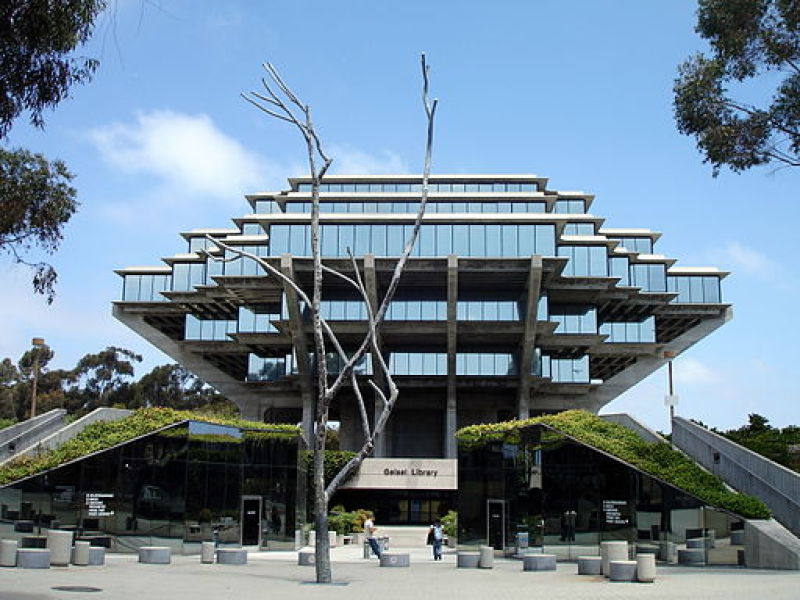

The UC system has been funded more privately in the recent past, causing people to question the identity of the UC system as public education.
On Thursday, the University of California system voted in favor of approving a tuition increase. The plan was approved with a 14-7 vote. According to the plan, the tuition in University of California schools can rise as much as 28 percent by the end of five years.
Students protested the plan through sit-ins and demonstrations, but were unsuccessful in changing the Regents' minds. The plan calls for annual increases of up to 5 percent for the next five years.
The proposition translates to a possible tuition of $15,564 by the 2019-20 school year. Currently the tuition is $12,192, which is twice the tuition in 2005, and thrice the tuition in 2001.
UC President Janet Napolitano, who planned and initiated the tuition increase, claims that the tuition increases are necessary in order to provide pay and pension for UC employees, hire more professors and staff, and increase the number of UC students.
Governor Jerry Brown was one of the seven who voted against the plan. Brown claims that the fee hike should not be endorsed and that other methods can be implemented in order to offset the tuition increases. Such methods included a three-year degree program and more online courses.
Napolitano says that the tuition increases can be reduced, or even stopped, if the state of California allocates more direct funds for the UC system. According to Time, more than half of UC students have their tuitions fully covered by public and private grants based on income.
"As a political matter, state officials have made the judgment they don't want to pay for higher education for our citizens," David Plank, an economist for Policy Analysis for California Education, told Time.
"What were once public universities are now private universities that receive some subsidy from the states," he said.


















